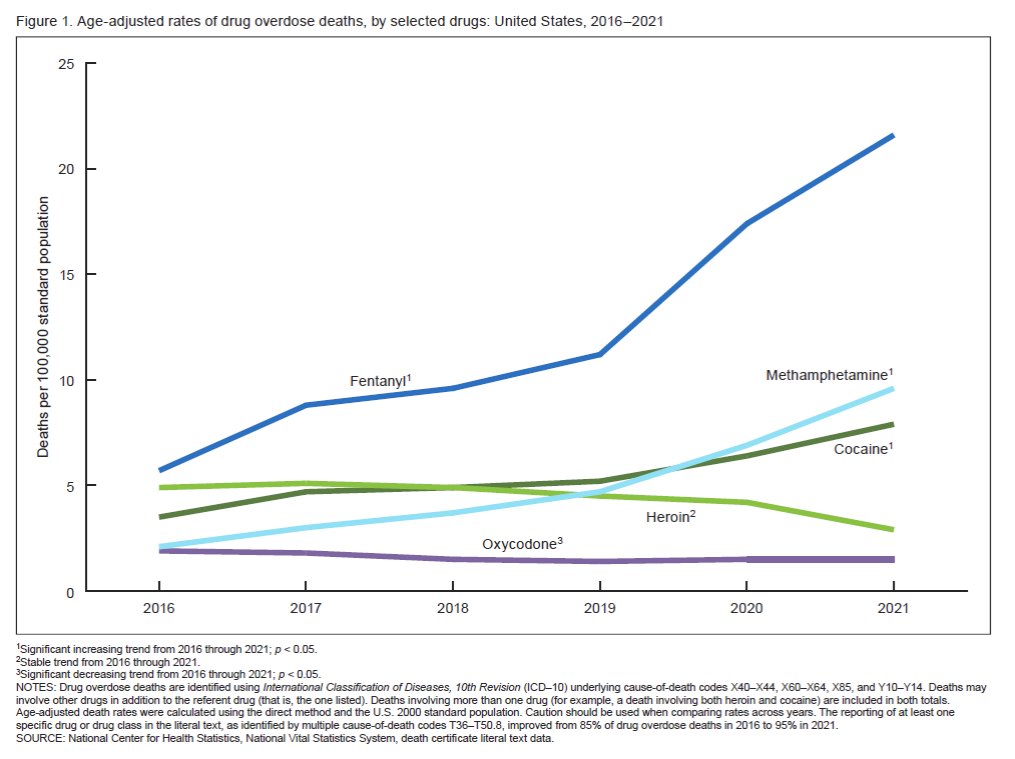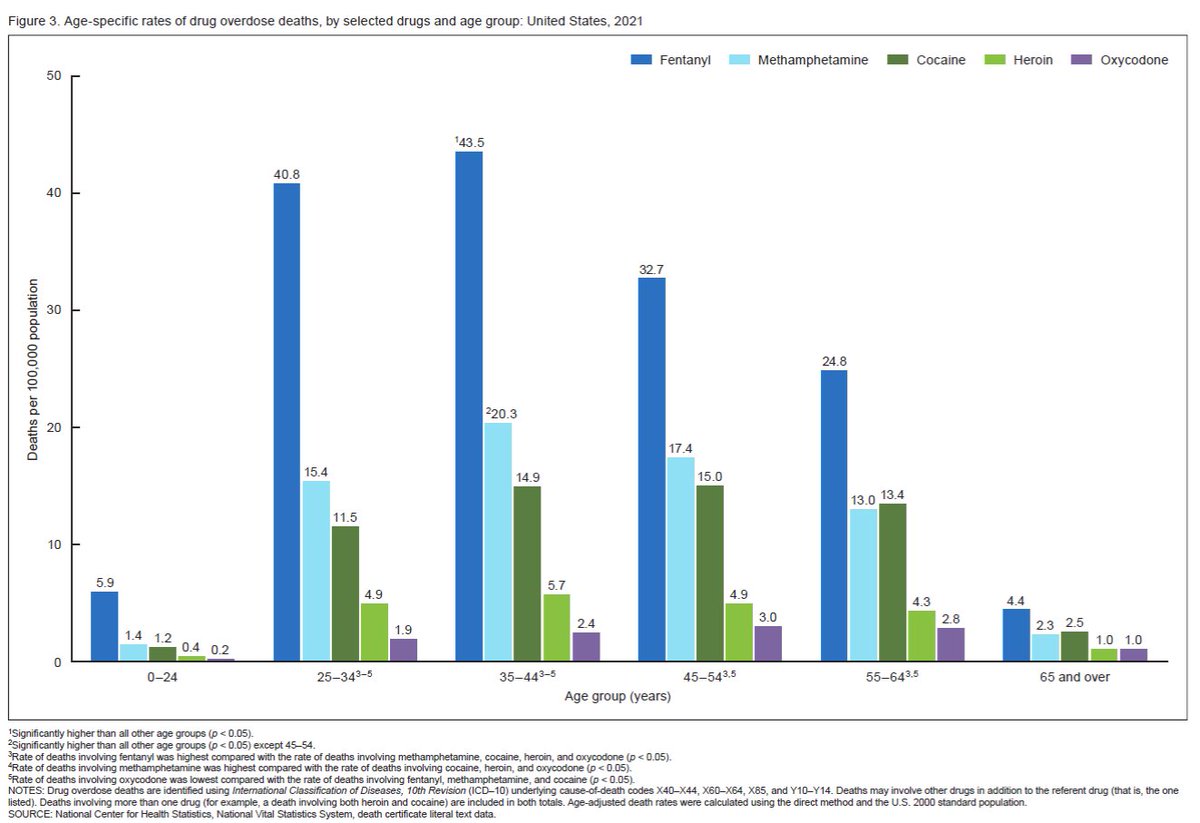Starting in just a few minutes!
https://twitter.com/MyHarmReduction/status/1275152488627408897
Dr. Buer sharing that sexual and physical violence occur in rural communities, unlike the myths that may make it seem that they are exempt. She also includes police violence and violence of systems, incl Child Welfare, Soc Services, Healthcare, and Housing. #DrugResearchersRT
Dr. Buer now discussing that lack of employment remains a challenge, especially for people with records or without college degrees- maybe not even available in the entire county. #DrugResearchersRT
Dr. Buer dispelling the myth that housing would be cheaper in rural communities - perhaps owning might be for some, but renting can be costly, and Section 8 housing may be limited or otherwise unavailable (the last 2 being urban challenges too).
Dr. Buer now explaining that childcare may be completely unavailable in your town/county, so family care may be only option. In addition, more of these communities are healthcare deserts with limited providers, hospitals, and methadone/bupe provider may be hours away.
"Appalachia being shrouded in blame because of their geography." They are often seen in contrast to suburban centers as being "unregulated and incomprehensible." Despite economic and racial diversity, constructions of whiteness and poverty can be damaging. -Dr. Buer
"When Appalachia as a place is seen as a problem, the only solution presented by insiders and outsiders is to leave. That can mean leaving family land, family connections, and family care work. Also assumes that their lives will automatically 'get better.'" - Dr. Buer
Women in her study who left but carried the stigma of drug use AND their hometowns, they saw that maybe leaving wouldn't help and maybe they were better off staying at home.
And leaving would never protect them from sexism, classism, drug user stigma, and other structures and systems that pervade all communities.
She is highlighting that while many of these challenges are similar for those regardless of rural/urban status, she wants to reiterate that 1) confidentiality and privacy is a distinct challenge. One good strategy in rural areas is using secondary exchange to increase access.
2) Court-ordered treatment program structure also require people to attend self-help groups and this is a challenge when some communities don't have them at all, or only have Bible-based groups. This reduces choice and makes court-ordered programs require Bible programming
3) Court-ordered treatment programs also end up forcing people without transportation to "jail" because they don't have reliable access to bring them to programs that might be hours away.
Now Buer crediting Black women leadership for starting conversations about abolishing jails/prisons and defunding the police because they are relevant in white rural communities too since they lose community funding and it gets allocated to carceral systems too.
She also highlights that defunding police can still be harmful if funding goes to social workers and other systems that have policing-type powers that control and punish communities and people.
Buer highlighting that while we are overregulating individuals, we are underregulating exploitative industries in rural communities - this includes the pharmaceutical industries, pay day loans, occupational safety, and substance use disorder treatment. Where is the money going?
And how can we funnel money away from "industrial treament" towards ham reduction in these communities?
Buer acknowledging that white supremacy is clearly an issue in rural communities and in the country more broadly. White supremacy being behind deciding who is expendible, and this being exemplified in our Drug War and also in patriarchal systems and structures impacting women.
Buer also speaking about how this is connected to an overregulation of pregnancy- connecting to Drug War, misogyny, and white supremacy as well. Shouting out @NAPW and @SisterSong_WOC for their efforts here.
Sorry this thread died - I was moderating the Q & A. I'll share the recording when it's available!
• • •
Missing some Tweet in this thread? You can try to
force a refresh












